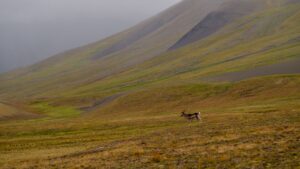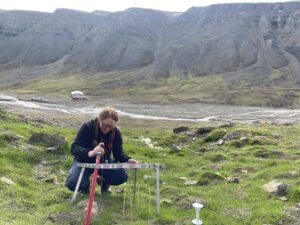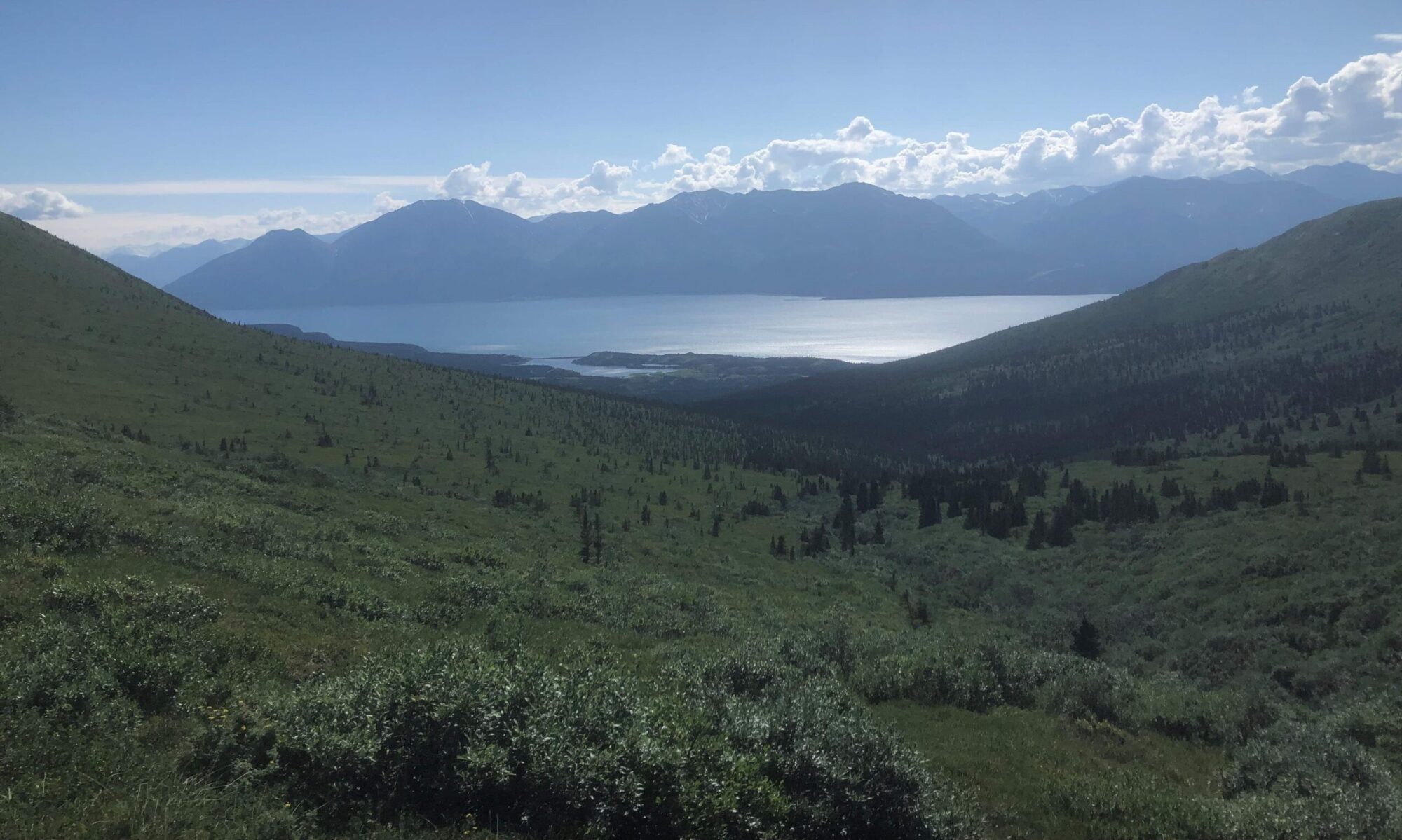
Arctic tundra ecosystems are changing fast. The cumulative pressures of accelerated warming, land use and demographic and economic tensions impose a circumpolar research effort as well as the integration of a wide range of methodological approaches. Supported by an Arctic Research Studies mobility grant, we aim at establishing a formal collaboration between the University of Oslo, NTNU University Museum and the Agricultural University of Iceland, through the submission of two common research proposals and a postdoctoral fellowship application to investigate plant-herbivore interactions at a pan-Arctic scale. Our collaboration brings highly complementary skillsets as well as a strong international collaboration effort ...

Tundra ecosystems are changing fast in response to ongoing climate change and increased human pressures linked to land use changes. One derived phenomenon from these impacts is the northward shift in the distribution of species from southern latitudes, a process known as borealization. While borealization trends have long been recognized in marine Arctic ecosystems, few local studies have investigated parallel trends in terrestrial plant communities, and to date there are no assessments of biome-scale plant borealization. Using existing plot-level vegetation data from the International Tundra Experiment (ITEX+) network, this project will quantify plant borealization at a pan-Arctic scale and identify ...
